Demand for organic products in Mexico has been growing over the few years, along with an overall trend toward healthier eating. Many Mexican consumers perceive organic foods to be healthier than conventionally grown foods. Organic farming practices emphasize using natural resources, such as compost and manure, rather than synthetic pesticides or fertilizers. The goal is to avoid environmental damage and promote healthier soil and plants.
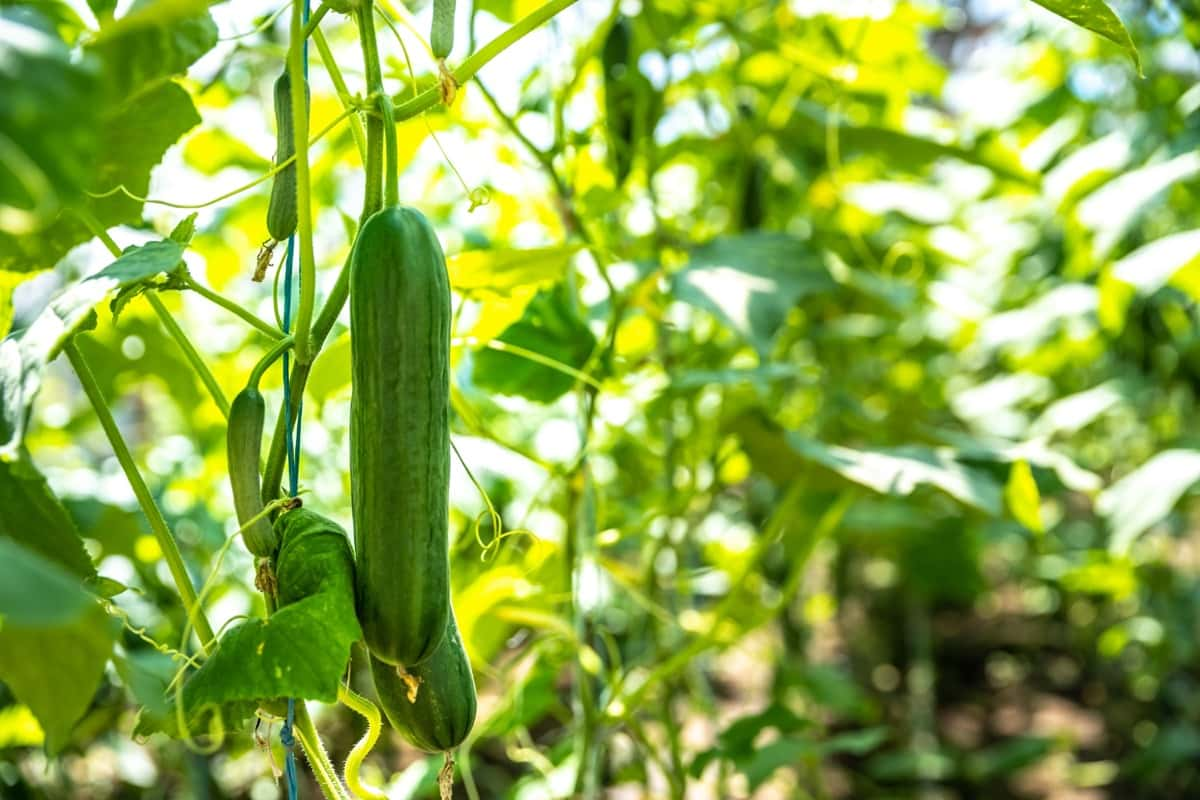
Key rules to start organic farming in Mexico
What is organic farming in Mexico?
It is a type of agriculture that uses practices that are not harmful to the environment or people and adhere to specific principles of organic management. These principles include using natural inputs, such as compost and manure; avoiding synthetic pesticides, fertilizers, and herbicides; and crop rotation to enhance soil health.
Organic farming importance in Mexico
Mexico has been a leader in implementing organic farming practices for several reasons. First, Mexico has a long history of agricultural production based on traditional methods that are not harmful to the environment. Mexico has experienced recent increases in environmental awareness among its citizens. In addition, Mexico has abundant land resources that can be used for organic farming; moreover, Mexican farmers are skilled at using these resources.
And finally, Mexican authorities have granted organic farmers official recognition and protection from conventional farmers who would like to adopt more intensive commercial production methods. Organic farming techniques help conserve resources and improve soil health. They also reduce the use of synthetic fertilizers, pesticides, and other harmful chemicals.
In case you missed it: How to Start Pig Farming in Mexico: Business Plan, Breeds, Setup Cost, Profit, and Requirements
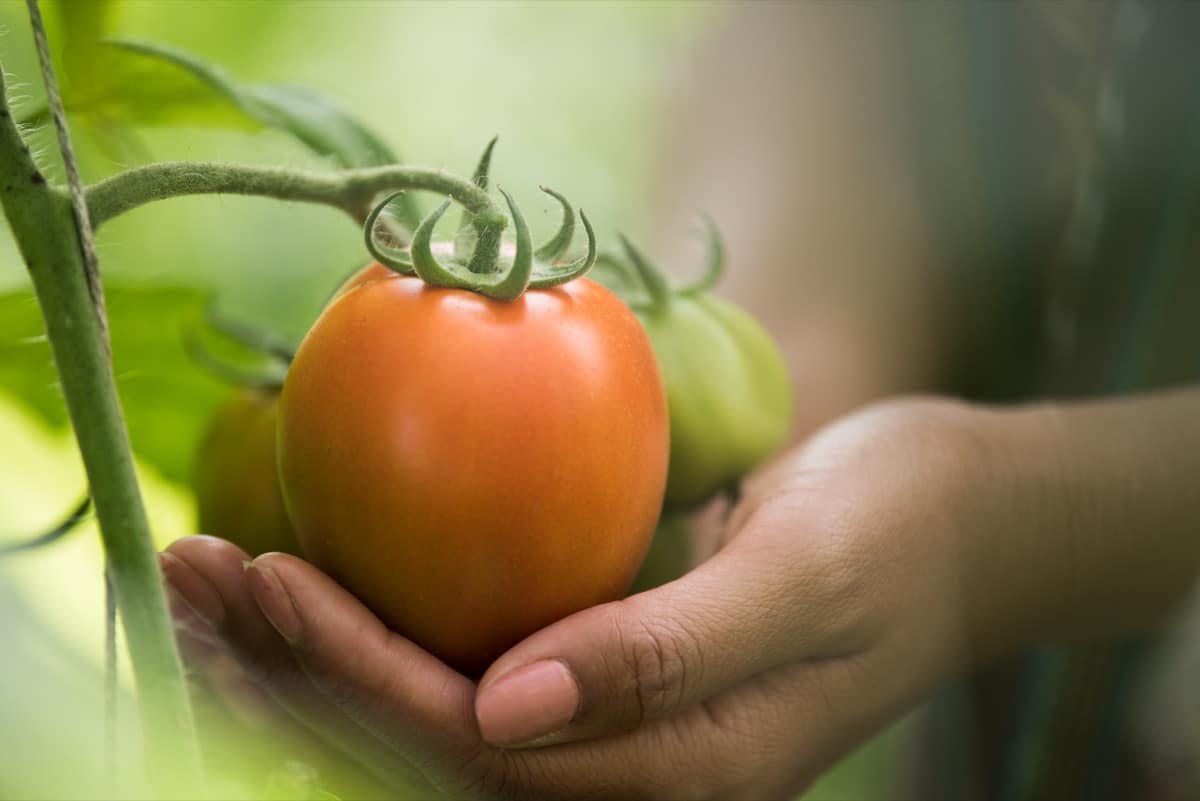
C.rops are grown under organic farming in Mexico.
Mexico is the leading producer of organic coffee and the third-largest organic honey producer. Other crops grown under organic farming in Mexico include Corn, Cacao, Avocados, Sesame Seeds, Beans, milk, and dairy products. In Mexico, 45 different organic products are cultivated. Of these, Coffee crop leads in cultivated land areas.
Blue and white corn come in second, sesame seeds third, and vegetables, aromatic herbs, Mangoes, Papayas, and Avocado follow them in the land. Other organic crops include Soybeans, Oranges, Beans, Apples, Bananas, Cocoa, Vanilla, Peanuts, Pineapples, Hibiscus, Lemons, Coconuts, Walnuts, Lychee, Chickpeas, Passionfruit, and Peaches.
Organic farming in Mexico relies heavily on indigenous crops. These include Corn, Beans, Avocados, and Chilies. Mexican farmers also grow Sunflowers, Onions, Garlic, and Tomatillos. Some foreign crops are also grown organically in Mexico. These include grapes and strawberries.
Organic farming states in Mexico
Over the last decade, several efforts have been made by the Mexican government and the private sector to promote organic farming. As a result, dozens of outdoor markets and farmers’ for organic products have been set up in different areas of Mexico like Oaxaca, Michoacán, and Chiapas, where more than 500 small producers gather to sell their products.
These three states account for 50 percent of Mexico’s outdoor market activity. The primary organic food-producing states are Chiapas, Oaxaca, Michoacán, Chihuahua, and Guerrero, which account for 82 percent of the total organic land area.
In case you missed it: Key Rules to Start a Greenhouse Farming in Mexico: Business Plan, Setup Cost, Profit, and Management

Organic farming set up cost in Mexico
Organic farming in Mexico is a growing industry becoming more popular yearly. Organic farming has many benefits, one of which is that it uses less land and water than conventional farming. The setup cost of organic farming in Mexico can change depending on the size and type of farm, but typically it ranges from $10,000 – $30,000.
Step to create an organic farming business plan in Mexico
1. Research your market – There is a growing consumer base interested in organically grown food, but it’s still a relatively new trend in the country. Do your research to find out what kinds of products people are most likely to buy organic, and target those areas.
2. Build a business plan – Start by creating a business plan that outlines your estimated costs and revenues for the first year of operation. Include information such as how much land you will need, how much money you will spend on inputs (such as fertilizer), and how many customers you expect to attract. You will also need to estimate how long it will take to achieve profitability (typically six months).
3. Research organic farming methods – Organic farming requires different techniques than conventional farming. To thrive, you’ll need to learn about crop rotation, composting, and other organic gardening strategies. If you can’t find adequate information on the internet or from local experts, consult a book or online resource devoted to organic farming.
4. Get organized – You’ll need a system in place if you want your organic farm to be successful. A well-managed farm is constantly organized and efficient – having accurate records of what was planted, where, and when, and inventory of all the tools and equipment used on the property. It also means being able to respond quickly to changes in weather or market conditions.
5. Obtain funding – If you don’t have enough money upfront to begin operations, look for angel investors or venture capitalists who can provide financial support. Alternatively, consider obtaining government grants or subsidies that can cover part of your start-up costs.
In case you missed it: Mango Farming in Mexico: How to Start, Planting to Harvesting, and Production Guide
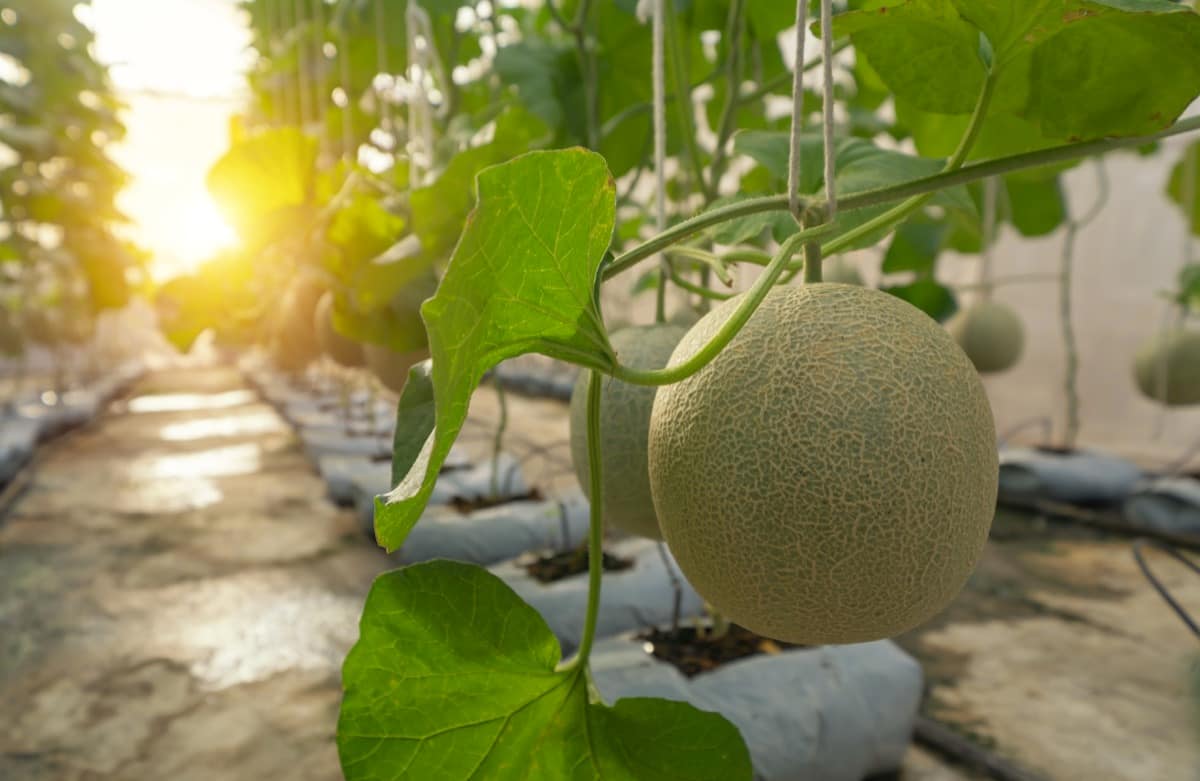
6. Develop a marketing plan – One of the most important aspects of starting an organic farm in Mexico is developing effective marketing strategies to reach potential customers. Creating a well-targeted campaign can help bring in new customers while generating revenue from current customers.
Key rules to start organic farming in Mexico
Organic farming requires a different type of management than traditional farming practices, so farmers need to adapt their techniques and get educated about the process. The key rule is that organic farmers must use organically-sourced materials whenever possible. This means they will need to check the label of any item they use to ensure it is organic.
Additionally, they should avoid using synthetic pesticides, herbicides, or fertilizers in their crops. Instead, they can use natural methods like composting or crop rotation. Finally, organic farmers must also keep records of everything they do on their farms.
What are the organic farming practices in Mexico?
Mexican organic farming practices are based on natural principles and use minimal inputs. Many Mexican farmers rotate crops to improve soil health and use compost and manure as fertilizer. They also grow various vegetables, fruits, and grains using traditional methods. As a result, Mexico is one of the world’s leading producers of organic products, accounting for over 12% of global organic output.
Organics often lower production costs because they require less labor and less technology than conventional farming methods. In addition, organic crops typically have a higher nutritional value due to the use of organically grown inputs like compost and manure. Organic systems are more likely to protect groundwater resources because they rely on crop rotation and careful application of fertilizers and herbicides.
This reduces the need for water extraction from underground reservoirs, which can impact regional water supplies. Crop rotation is the most common form of organic farming in Mexico. Farmers typically plant different crops in each plot every year to promote biodiversity and prevent harmful weed growth. In addition, combing different crops into the same plot helps to recycle nutrients and break down plastics, pesticides, and other chemicals that might be present in the soil.
Composting is another popular type of organic farming in Mexico. Farmers use compost to enrich the soil before planting new crops. They also add compost to water reservoirs to help improve plant growth and resist disease. Vermicomposting is a newer form of organic farming that uses worms to decompose organic material into a nutrient-rich soil amendment.
In case you missed it: Poultry Farming in Mexico: Breeds, How to Start
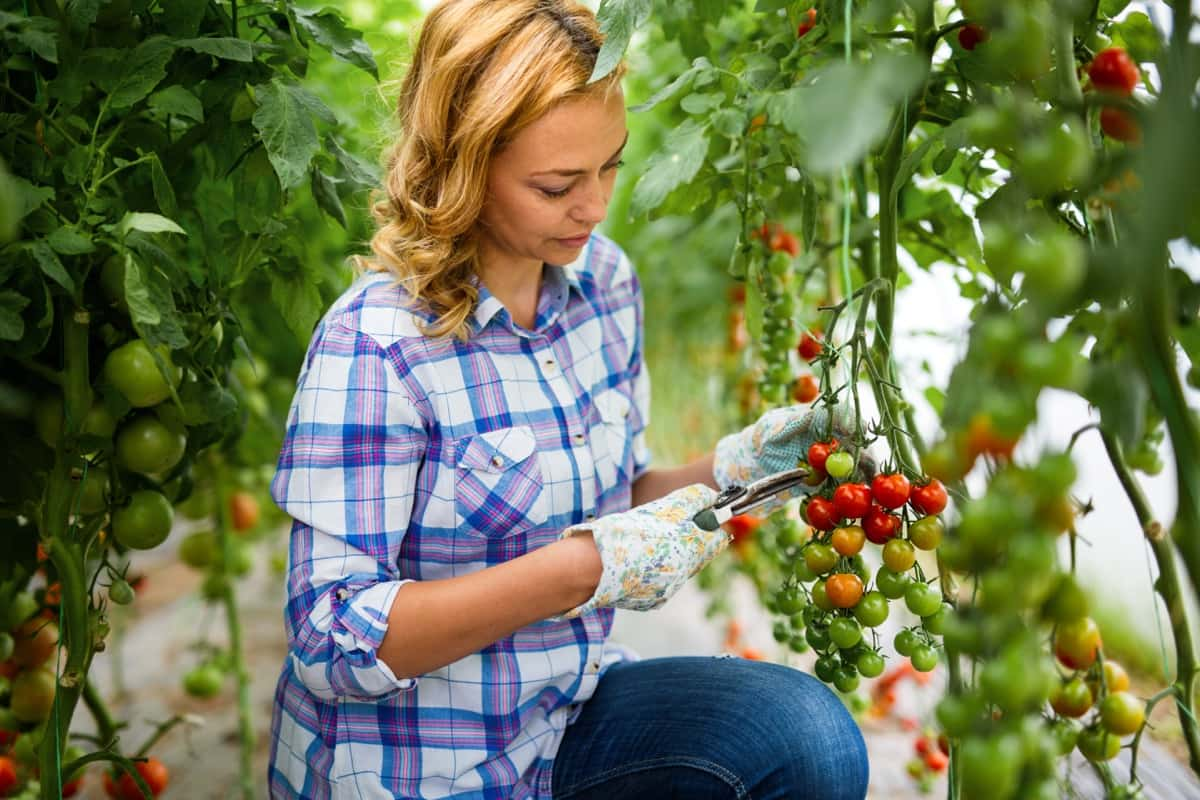
Is organic farming profitable in Mexico?
There is a growing trend of organic farming in Mexico, and the country has several certified organic farms. Mexico’s organic farmers have successfully competed with their conventional counterparts thanks to their commitment to sustainable practices and high-quality products. As a result, Mexico’s organic farming sector is growing rapidly, and there are plenty of opportunities for entrepreneurs looking to get involved.
Organic soil management in Mexico
Organic soil management in Mexico is a process that uses natural methods to improve soil fertility and protect the environment. Mexican farmers have been using organic practices for centuries to produce high-quality crops. Mexican organic farms typically use diverse crop rotations and cover crops to improve soil health. They also avoid synthetic pesticides, herbicides, and fungicides, instead relying on natural methods such as mulching, hand weeding, or predator insects to control pests.
Pest and diseases management for organic farming in Mexico
Organic farming in Mexico is a growing industry, but there are some pests and diseases to watch out for. Wheat rust is a common pest affecting wheat and barley crops. Corn earworm is a common insect that can cause damage to corn crops. Bacillus thuringiensis (Bt) is an insecticide used to control these pests. Fungicides are also often used to manage fungal diseases like blast fungus.
Weed management for organic farming in Mexico
Organic farming in Mexico requires strict adherence to specific protocols, including crop rotation, fertility management, and sanitation measures. Therefore, weed control is critical to achieving successful yields and protecting soil health. To manage weeds effectively, farmers in Mexico rely on various mechanical and chemical weed control methods.
In case you missed it: How to Control Aphids on Roses: Home Remedies, Naturally, Organic and Chemical Management

Mechanical weed control involves using machines such as tillers or cultivators to remove unwanted plants. This type of weed control is particularly effective when used in conjunction with other organic farming practices like crop rotation and fertility management.
Organic farming certification in Mexico
For a food to be sold as certified organic in the United States, whether grown in the USA or Mexico, it must meet all the requirements of the USDA Organic Program. Organic agriculture generates income for small-scale Mexican farmers who would otherwise be unable to compete against larger agricultural companies using environmentally damaging methods. Mexico is one of the world’s top organic farming countries.
Organic agriculture is practiced on a large scale in Mexico, with more than 60,000 certified organic farms accounting for more than 95% of total agricultural production. The Mexican government has established strict standards and regulations for organically produced food, including pest control and soil fertility requirements.
The recognized certifications for organic farming in Mexico are the Mexican National Standards Institute (INAC), the Federation of Mexican Farmers (FMF), the United States Department of Agriculture (USDA), and the National Organic Program (NOP). To be certified as an organic farm, a property meet all of the following requirements: be free from synthetic materials, pollutants, and ionizing radiation; have an organic management plan; use no conventional pesticides, herbicides, or fungicides; and cultivate organically approved seeds or crops.
Policies and subsidies under organic farming in Mexico
Mexico is a country full of biodiversity and has many different soil types. The federal government recognizes 12 different types of soils, but most organic farmers in Mexico use the Soil Association of Mexico’s classification system. Farmers must get official certification from the association to be certified organic, and there are strict rules and regulations governing organic farming in Mexico.
In case you missed it: How to Use Bone Meal Fertilizer in the Garden: Benefits, When and How to Apply
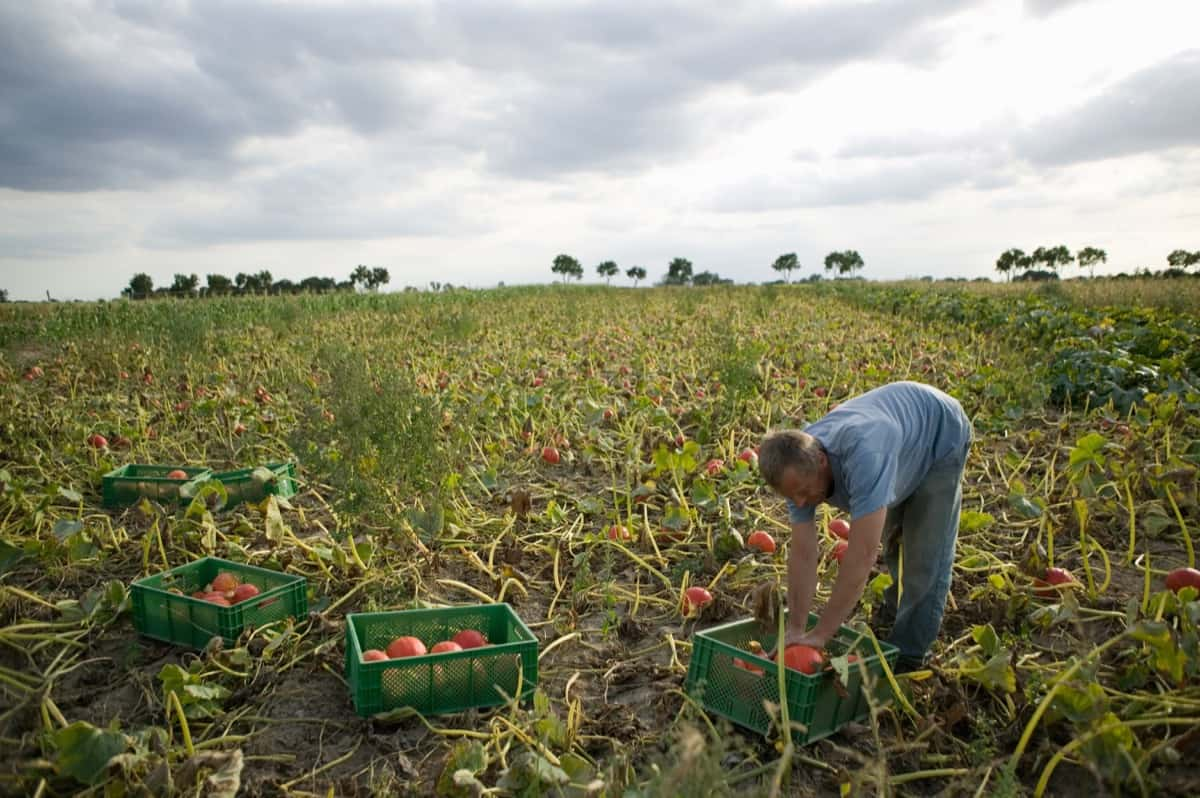
The government sets minimum standards for organic production practices. It provides subsidies for farmers who adopt organic farming practices. The government mandates that all processed food products sold in Mexico contain at least 10% organically produced ingredients. The Mexican government promotes organic farming through a variety of policies. The National Commission for Organic Agriculture (CONABIO) provides technical assistance and support to farmers wishing to convert to organic farming.
In addition, the government sponsors research on organic agriculture and provides financial assistance to smallholder farmers who adopt organic practices. The Mexican Federal Government is also working on certification programs for organics producers and processors. Mexico’s government incentives farmers to adopt organic production practices, including insurance, technical assistance, credit, and price support. The government also provides subsidies for inputs such as fertilizers and pesticides and marketing support.
In addition, the private sector plays a vital role in promoting organic agriculture through initiatives such as certification programs and product labeling. In addition to loans and subsidies, the Mexican government supports organic agriculture through research and development initiatives, including a project led by the National Autonomous University of Mexico (UNAM) to develop new mechanization techniques tailored explicitly for organic agriculture.
Challenges faced by organic farmers in Mexico
- The challenges of organic farming in Mexico are many and varied but include significant challenges in accessing land, water, and other resources.
- One of the biggest challenges is that many Mexican farmers do not have access to suitable land or adequate inputs.
- Another challenge is the government’s hesitancy to recognize organic farming as an important part of the country’s food security. Yet, despite these challenges, there has been a recent increase in organic farming in Mexico, thanks to organizations such as the National Association for Organic Agriculture (ANOA), which has worked to promote the benefits of organic agriculture.
In case you missed it: Stem Borer Management in Paddy Farming: Symptoms, Rice Damages, Natural, Organic, Chemical, and Biological Control
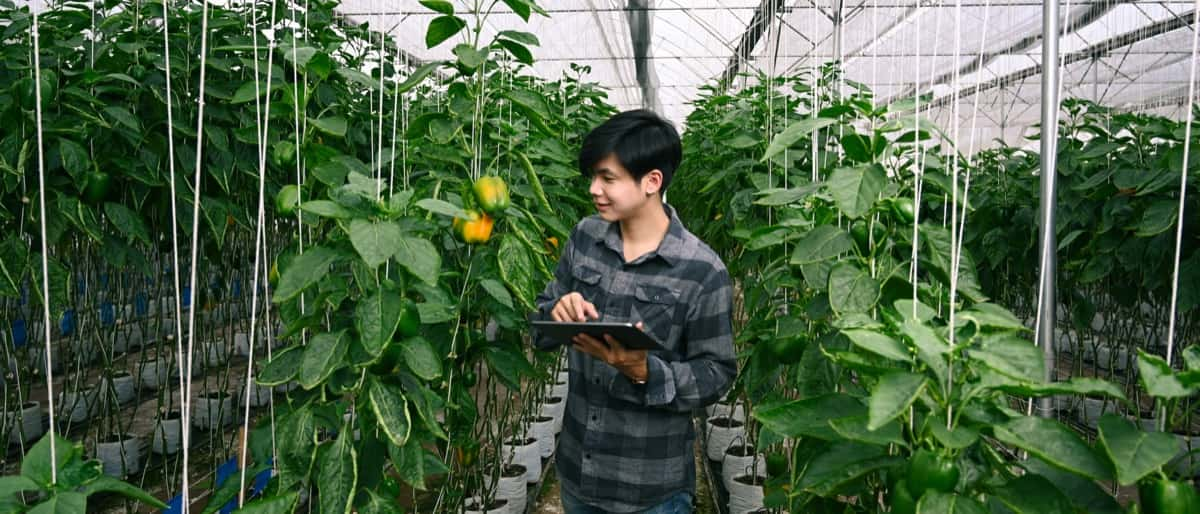
Conclusion
Mexico is a country that is well-known for its rich cultural heritage and diversity. However, Mexico is also known for its agricultural production, including traditional and organic farming. Organic farming can also protect against pollution and degradation caused by industrial production. In addition, by reducing reliance on synthetic pesticides and fertilizers, organic farmers help reduce the release of toxic chemicals into the environment. Overall, organic farming is environmentally sustainable and economically beneficial.
- Types of Pesticides Used in Agriculture: A Beginner’s Guide
- Economical Aquaculture: A Guide to Low-Budget Fish Farming
- 15 Common Planting Errors That Can Doom Your Fruit Trees
- How to Make Houseplants Bushy: Effective Tips and Ideas
- Innovative Strategies for Boosting Coconut Pollination and Yield
- Pollination Strategies for Maximum Pumpkin Yield
- The Complete Guide to Chicken Fattening: Strategies for Maximum Growth
- Natural Solutions for Tulip Problems: 100% Effective Remedies for Leaf and Bulb-Related Issues
- Revolutionizing Citrus Preservation: Towards a Healthier, Greener Future
- Natural Solutions for Peony Leaf and Flower Problems: 100% Effective Remedies
- Maximizing Profits with Avocado Contract Farming in India: A Comprehensive Guide
- Natural Solutions for Hydrangea Problems: 100% Effective Remedies for Leaf and Flowers
- The Ultimate Guide to Choosing the Perfect Foliage Friend: Bringing Life Indoors
- From Sunlight to Sustainability: 15 Ways to Use Solar Technology in Agriculture
- The Ultimate Guide to Dong Tao Chicken: Exploring from History to Raising
- The Eco-Friendly Makeover: How to Convert Your Unused Swimming Pool into a Fish Pond
- Mastering the Art of Delaware Chicken Farming: Essentials for Healthy Backyard Flocks
- 20 Best Homemade Fertilizers for Money Plant: DIY Recipes and Application Methods
- How to Craft a Comprehensive Free-Range Chicken Farming Business Plan
- Brighten Your Flock: Raising Easter Egger Chickens for Beauty and Bounty
- How to Optimize Your Poultry Egg Farm Business Plan with These Strategies
- Subsidy for Spirulina Cultivation: How Indian Government Schemes Encouraging Spirulina Farmers
- Ultimate Guide to Raising Dominique Chickens: Breeding, Feeding, Egg-Production, and Care
- Mastering the Art of Raising Jersey Giant Chickens: Care, Feeding, and More
- Ultimate Guide to Raising Legbar Chickens: Breeding, Farming Practices, Diet, Egg-Production
- How to Raise Welsummer Chickens: A Comprehensive Guide for Beginners
- How to Protect Indoor Plants in Winter: A Comprehensive Guide
- Ultimate Guide to Grow Bag Gardening: Tips, Tricks, and Planting Ideas for Urban Gardeners
- Guide to Lotus Cultivation: How to Propagate, Plant, Grow, Care, Cost, and Profit
- Agriculture Drone Subsidy Scheme: Government Kisan Subsidy, License, and How to Apply Online
- Ultimate Guide to Raising Araucana Chickens: Breed Profile, Farming Economics, Diet, and Care
- Bringing Hydroponics to Classroom: Importance, Benefits of Learning for School Students
- Ultimate Guide to Raising Polish Chickens: Breed Profile, Farming Economics, Diet, and Care
- Ultimate Guide to Raising Australorp Chickens: Profile, Farming Economics, Egg Production, Diet, and Care
- Silkie Chicken Farming: Raising Practices, Varieties, Egg Production, Diet, and Care
- Sussex Chicken Farming: Raising Practices, Varieties, Egg Production, Diet and Care